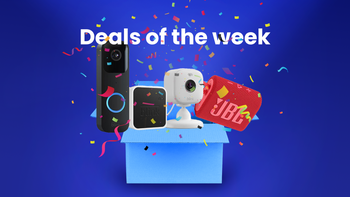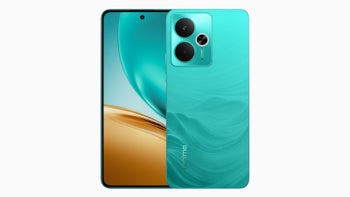It’s official: Google’s Gemini is coming to these devices that you probably use daily

While it wasn't exactly a shocker, Google has now officially confirmed all the previous reports concerning Gemini's replacement of Google Assistant throughout the Google ecosystem. This happened during the recent Alphabet Q1 earnings call, where CEO Sundar Pichai confirmed that the company's advanced AI, Gemini, is definitely heading to cars via Android Auto and smartwatches running Wear OS later this year.
So, what many suspected is now company policy: Gemini is set to replace the long-serving Google Assistant on these platforms, just as it has on smartphones. The official word came directly from Pichai, who stated:
We’re upgrading Google Assistant on mobile devices to Gemini, and later this year we’ll upgrade tablets, cars and devices that connect to your phone, such as headphones and watches.
— Sundar Pichai, CEO of Google and Alphabet, April 24th 2025
This statement from the top makes it clear that the move is happening, marking a significant expansion for Gemini beyond just mobile phones and solidifying Google's strategy to have one unified AI across its ecosystem.
This push fits into the broader AI landscape, where Apple and Amazon are also continually improving Siri and Alexa. To further verify this, it's no surprise that we'd already seen little clues pointing this way. For example, on Wear OS, the interface elements started swapping "Google Assistant" for "Digital Assistant," and Gemini's "sparkle" logo began appearing.
The same thing has been occurring in Android Auto, where the microphone icon dropped the classic Assistant colors for a plain white look. These signs suggested the transition was underway, but Pichai's earnings call statement is the final, official confirmation we were waiting for.
As for when exactly this happens? Google's sticking to the vague "later this year." No specific dates were given, which is pretty typical for Google rollouts. We might hear more details at the Google I/O conference expected next month, but patience is still required. At least now we know for sure it's coming.
Having Gemini officially confirmed for cars and watches means we can look forward to potentially smarter, more natural interactions. Hopefully this means better voice controls in the car or more complex task handling on the wrist. It should be an upgrade, bringing more modern AI smarts to these devices now that Google has officially committed to the transition.
As for when exactly this happens? Google's sticking to the vague "later this year." No specific dates were given, which is pretty typical for Google rollouts. We might hear more details at the Google I/O conference expected next month, but patience is still required. At least now we know for sure it's coming.










Things that are NOT allowed: